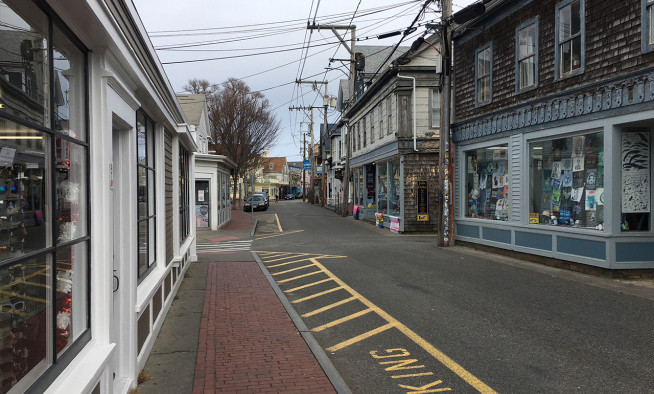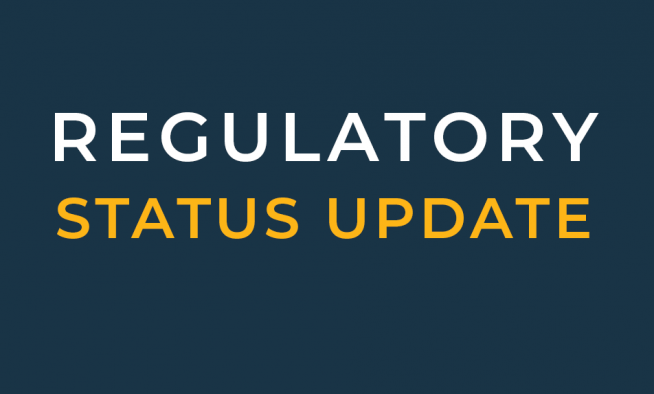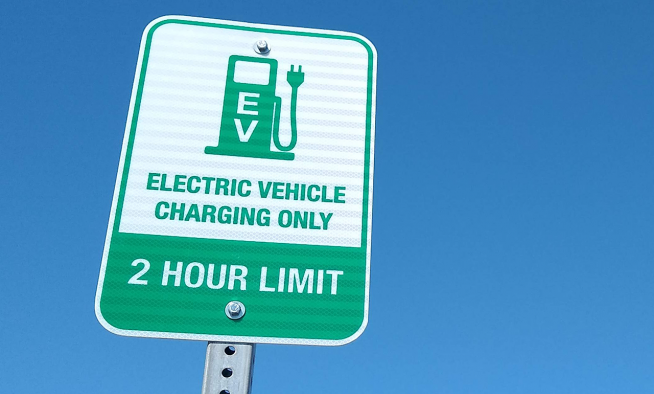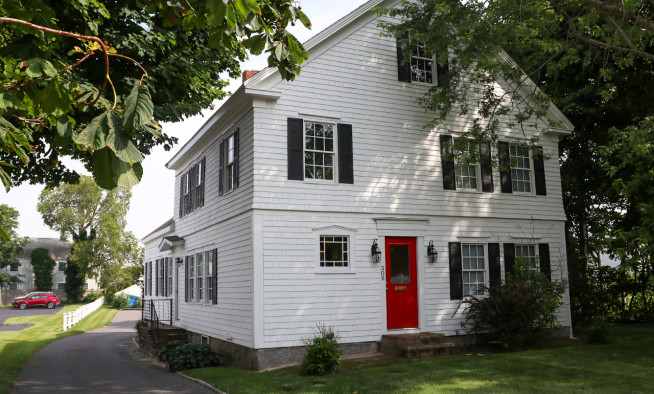OneCape 2024: A Resilient Region
Strategies to adapt to the impacts and mitigate the causes of climate change took center stage at OneCape 2024, with speakers highlighting the state's ambitions for growing the climate tech sector and reaching net zero.
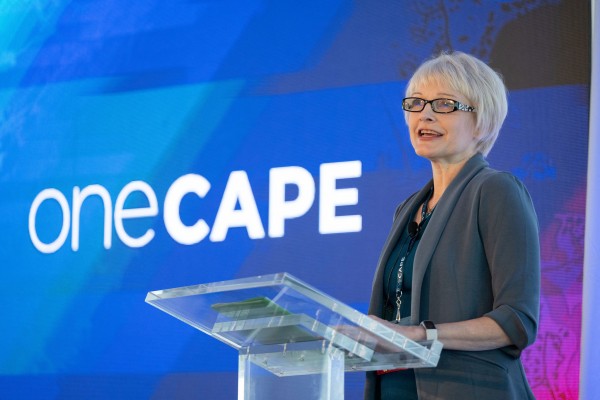
On September 18th, Dr. Emily Reichert, CEO of the Massachusetts Clean Energy Center, spoke about the region's opportunities to grow its economy through climate tech, noting a desire to accelerate the clean energy transition and make Massachusetts the climate innovation hub for the world.
Following Reichert, Michael Jung, of Modern Hydrogen outlined the role of clean electrons in a future increasingly dependent on electricity and spoke of the urgent need to upgrade the nation's well-used and functional but outdated electric grid.
In a series of lightning talks on September 18th, Commission staff shared tools, resources, and planning initiatives that support climate action. Deputy Director Steven Tupper reviewed local, state, and national trends in electric vehicles, noting the number of registered electric vehicles and the growth of public access EV chargers on Cape Cod in the past several years. Special Projects Coordinator Michele White presented the Commission's work developing regulatory tools for coastal floodplain resiliency, which includes model regulations for the coastal resilience zone and a model bylaw with higher zoning standards, and Senior Transportation Planner David Nolan reviewed Vision 88, an effort to create safe and effective bikeways across Cape Cod, envisioning a continuous shared-use path network of 88 miles from Woods Hole to Bourne to Provincetown.
The Massachusetts Housing and Climate Innovation Center (HCIC) was launched at OneCape 2023. This year, center President Rob Brennan and Director Peter Karlson were accompanied in a breakout session by students who participated in the HCIC All-Star program, an opportunity for college students and Cape Cod towns and organizations to work together on housing and climate initiatives.
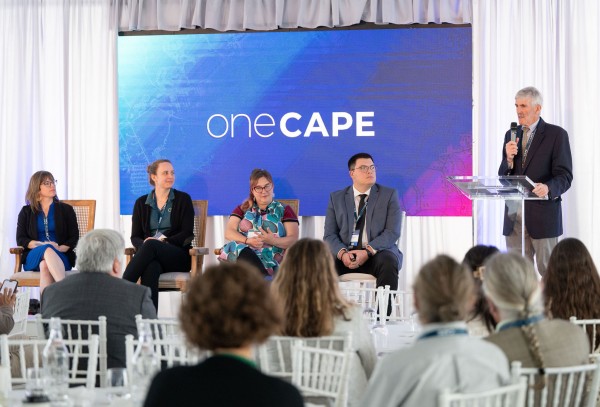
Breakout sessions offered attendees an opportunity to hear about the Cape's current electric vehicle infrastructure and initiatives to increase equitable access to EVs in the coming years. A separate breakout session brought speakers from the Eastham Climate Action Committee, Chatham Climate Action Committee, and Martha's Vineyard Commission together to share strategies and resources implemented at the local scale.
